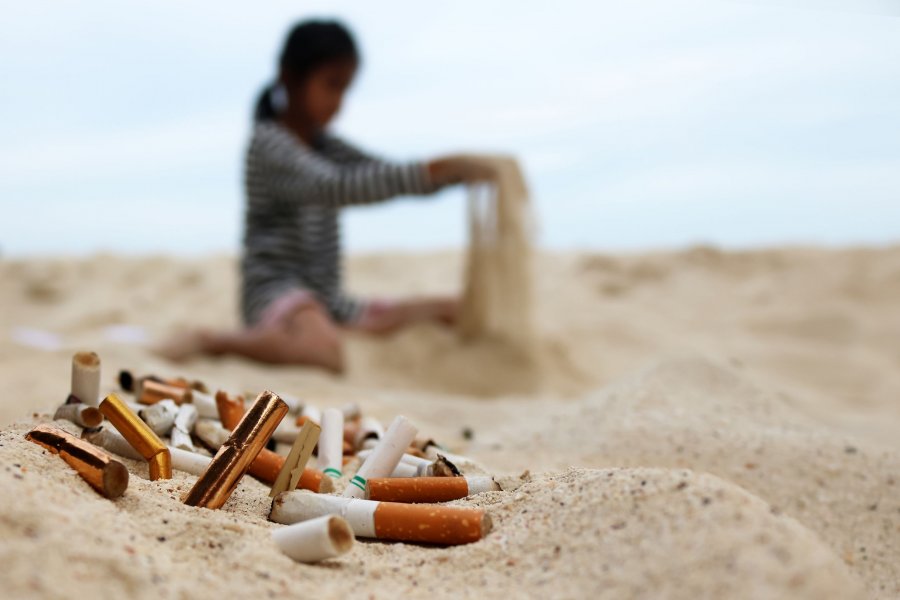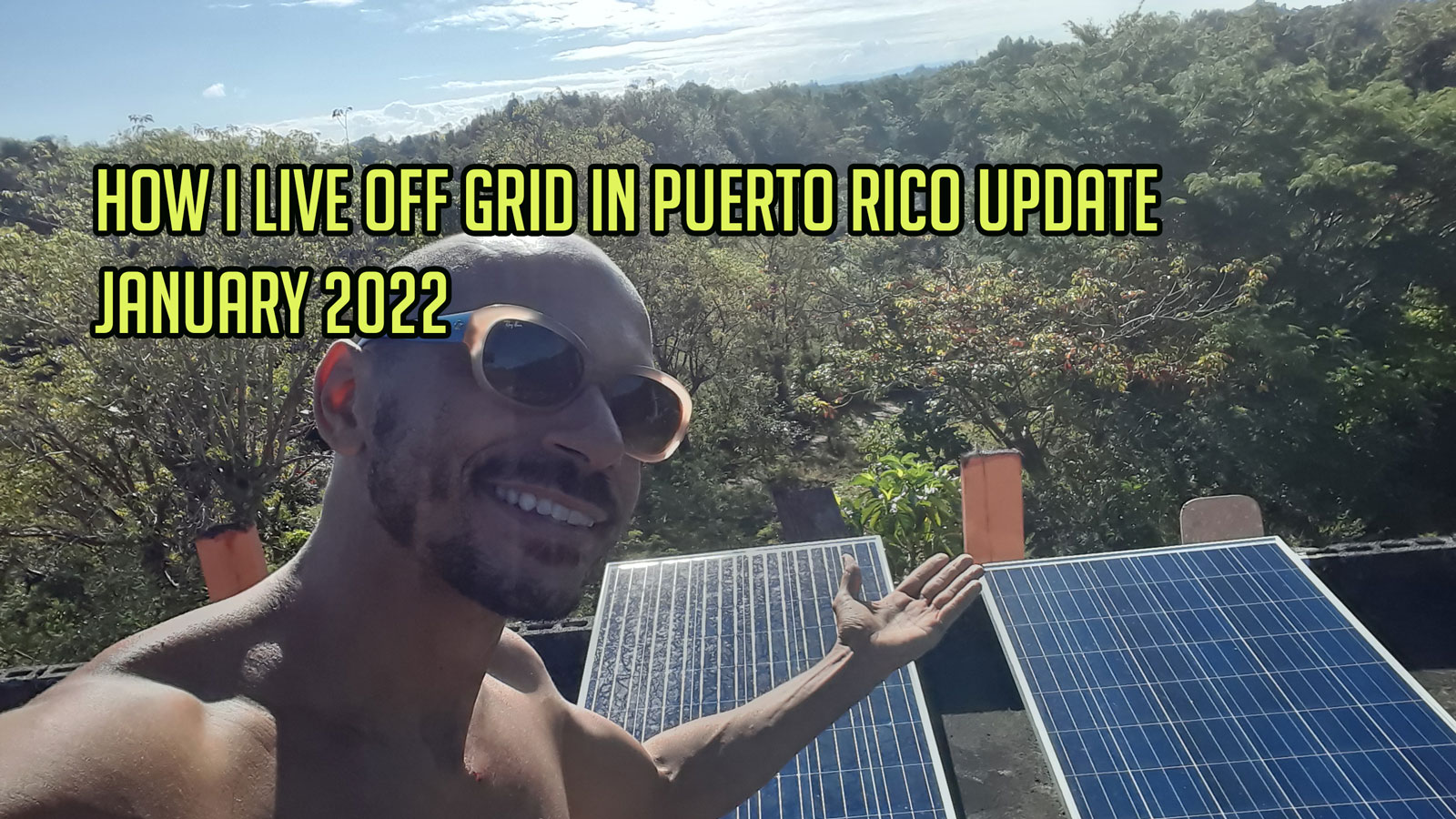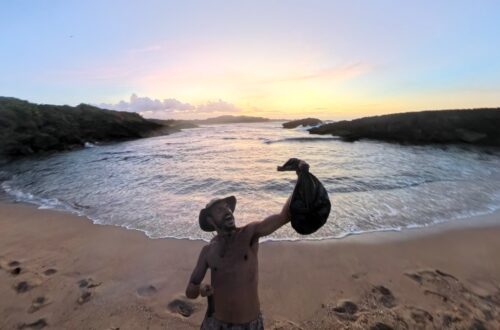Sustainablity
-
Must Watch Monsanto GMO Documentary: The Future Of Food 2004
The Future Of Food 2004 THE FUTURE OF FOOD offers an in-depth investigation into the disturbing truth behind the unlabeled, patented, genetically engineered foods that have quietly filled grocery store shelves for the past decade. Mostly coming from Monsanto. The film voices opinions of farmers in disagreement with the food industry, and details the impacts on their lives and livelihoods from this new technology, and the market and political forces that are changing what people eat. The farmers state that they are held legally responsible for their crops being invaded by “company-owned” genes. The film generally opposes the patenting of living organisms, and describes the disappearance of traditional cultural practices.
-
Liquid Gold: Using Urine To Fertilize Your Garden
Liquid Gold: Using Urine To Fertilize Your Garden Urine to Fertilize your plants? You might be shaking your head , but here I will tell you about how beneficial it is to use urine to fertilize your plants. Now many people would be disgusted by that I use urine to fertilize my plants because we live in a world where we close off our minds to the unknown because we conform to what society considers normal. But we have a wealth of information on this here internet to do the proper research. But I will provide some information as to why I use urine and share tips on how you…
-
PHOTOS: The food I have Grown in Puerto Rico
The food I have grown in Puerto Rico I am currently residing in the sunny tropical island of Puerto Rico (by way of Brooklyn), which for those that don’t know is located in the Caribbean. The great part of living here is the warm sunny weather year round. The climate is great for growing food year round. But there are not many growers. I have challenged people to grow at least one plant, which could be read in this blog. Yet that is too hard for most people. I have inspired a few to grow, but I think it’s time for the people to realize our true potential and in…
-
Quarantine Challenge: Grow just one Vegetable plant
My challenge to the world: Grow just one plant! Updated: March 28 2019 Many around the world are quarantined in our homes due to the coronavirus. I am currently in Puerto Rico, where the weather is warm year round and I truly believe Puerto Rico needs to grow more food as 85 percent of the food is imported. If things get worse and that ship never comes, well let’s say things will get ugly quick. I want to propose a challenge to the world and especially to the people of Puerto Rico as food could be grown all year long in this beautiful tropical climate. Here is the food I…
-
DIY: Paint The Town Green: Moss graffiti
Paint the town green: Moss graffiti As people become more eco-friendly and environmentally aware, the idea of making living, breathing graffiti has become an exciting outlet for graffiti artists. Also called eco-graffiti or green graffiti, moss graffiti replaces spray paint, paint-markers or other such toxic chemicals and paints with a paintbrush and a moss “paint” that can grow on its own. It can also be considered another form of guerrilla gardening. Learn more about this simple technique, and become a graffiti artist by following this recipe. I have been planning to do this for sometime and put my environmental activism signs on walls by the beaches. So I think I…


